6, November 2021
UN Security Council voices ‘deep concern’ over Ethiopia escalation; calls for ceasefire 0
The United Nations Security Council has expressed “deep concern” over the escalation of fighting in Ethiopia, calling for a ceasefire and the initiation of peace talks in the restive northern region of Tigray.
“The members of the Security Council expressed deep concern about the expansion and intensification of military clashes in northern Ethiopia,” the 15-member body said in a joint statement on Friday.
“They further called to put an end to hostilities and to negotiate a lasting ceasefire and for the creation of conditions for the start of an inclusive Ethiopian national dialogue to resolve the crisis.”
The council also expressed concern over the humanitarian situation and national stability, and “reaffirmed their strong commitment to the sovereignty, political independence, territorial integrity and unity of Ethiopia.”
A public meeting of the United Nations Security Council on the Ethiopia issue is set to be held on Monday.
The UNSC issued the statement as members of the rebel Tigray People’s Liberation Front (TPLF) have threatened to march on the capital Addis Ababa, a year into the fighting, prompting Ethiopia to declare a six-month state of emergency.
Tigray has been the scene of conflict since November 2020, when Prime Minister Abiy Ahmed sent troops there to topple the TPLF in response to attacks on army camps.
Three weeks later, the government declared victory when it gained control of the regional capital, Mekelle. However, the TPLF forces resumed fighting later and retook Mekelle and most of Tigray at the end of June after the government withdrew its soldiers and declared a ceasefire.
The fighting has continued since then.
The conflict between Ethiopian troops and TPLF has raised fears of a more devastating humanitarian crisis in a region the United Nations says is already in the grip of famine following a yearlong conflict.
Tigray is under a de facto blockade that is preventing most aid from getting in, according to the UN. Ethiopian authorities and the TPLF have blamed each other for obstructing deliveries. Ethiopian officials also accuse the international community of ignoring alleged abuses by the TPLF.
The conflict in Tigray has killed thousands of people and pushed 400,000 people to the brink of famine, according to analyses by UN agencies and aid groups. Ethiopia’s government, however, has disputed those claims.
Abiy’s government has faced criticism over the conflict, notably from the US, a longtime ally, with President Joe Biden signing an executive order allowing for sanctions against the warring parties if they fail to commit to a negotiated settlement.
Americans urged to urgently leave Ethiopia
In a separate development on Friday, the US embassy in Addis Ababa called on Americans to leave Ethiopia “as soon as possible” over fears of a rebel advance on the capital.
The US embassy warned in an advisory that, “the security environment in Ethiopia is very fluid.”
It urged “citizens who are in Ethiopia to leave the country as soon as possible.”
The TPLF said Wednesday that its fighters had reached the town of Kemissie in the Amhara region, 325 kilometers northeast of the capital, and were running “joint operations” with the so-called Oromo Liberation Army (OLA), which predicted Addis Ababa could fall in a matter of weeks.
The Ethiopian government dismissed rebel claims of territorial gains, saying on Thursday that the TPLF was “encircled” and close to defeat.
The TPLF and the OLA were officially designated as terrorist groups by the government in May.
Source: Presstv


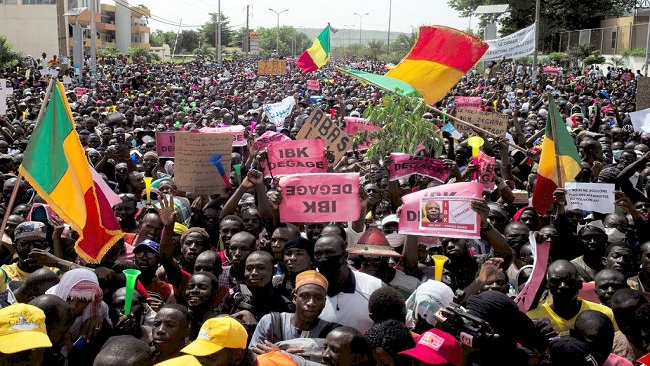
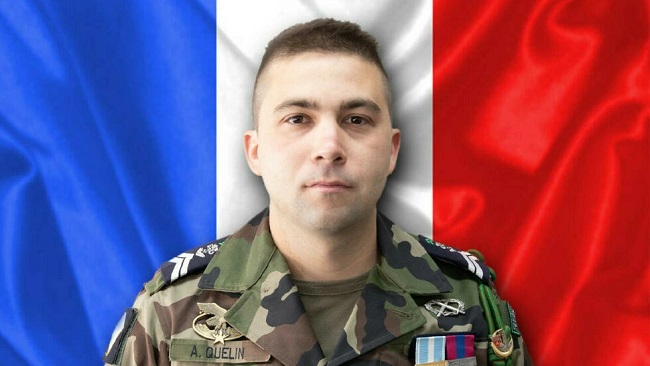
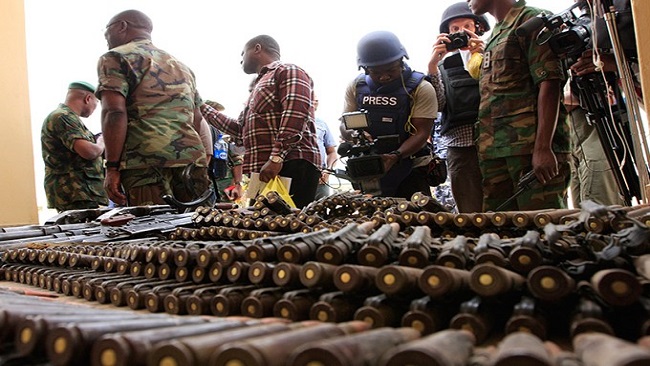
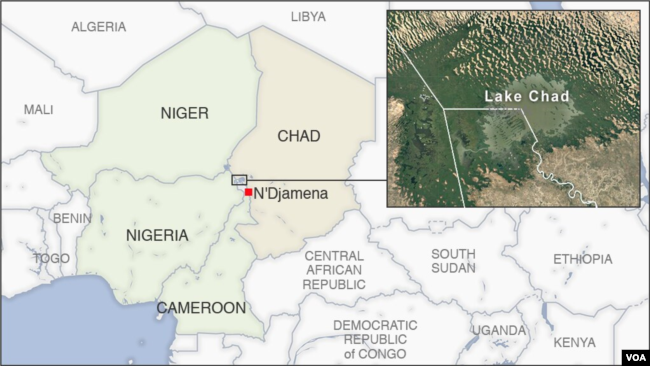
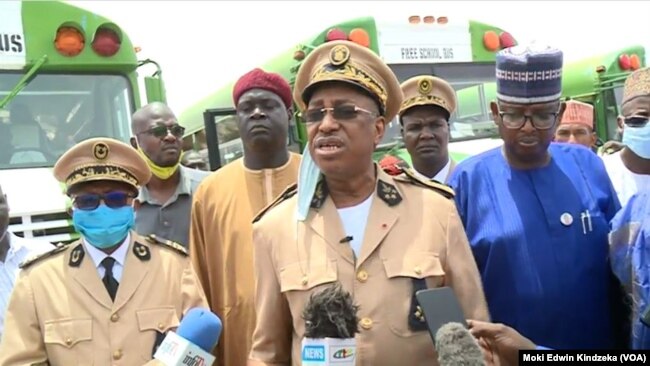
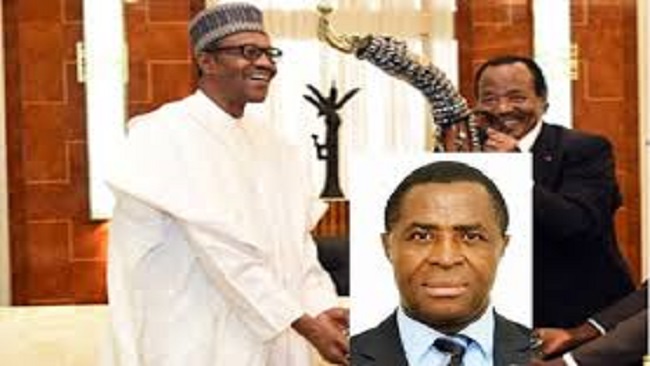
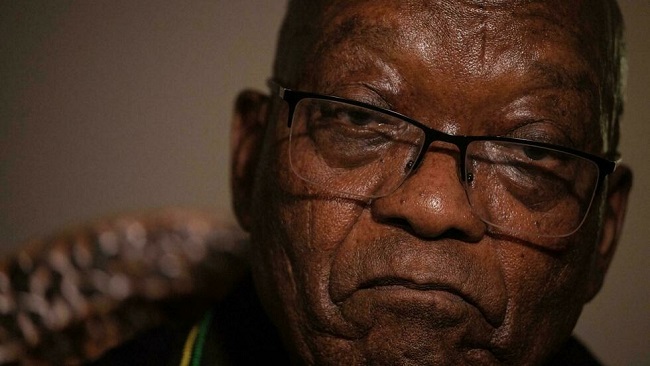
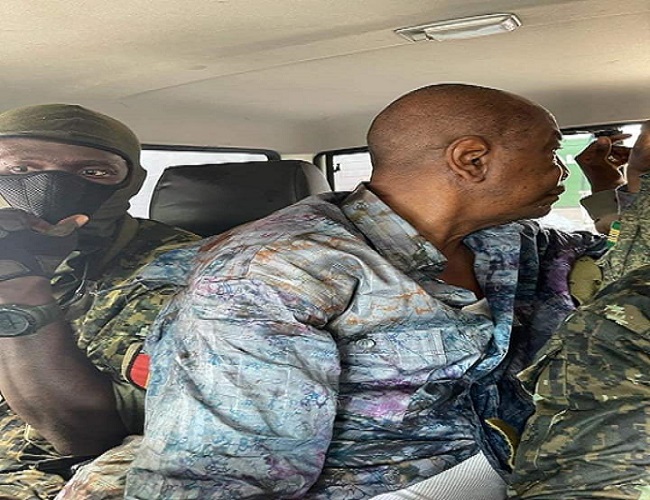
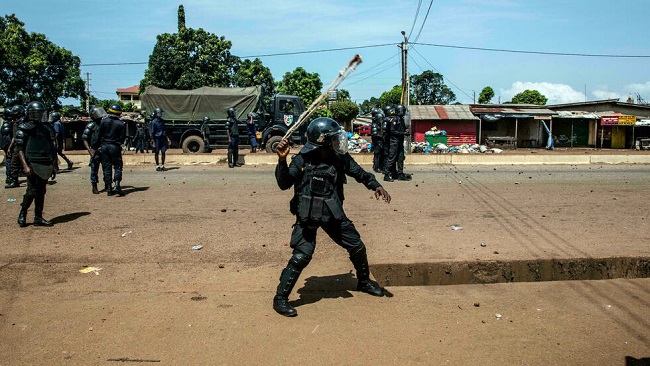

















20, November 2021
Cameroon, Nigeria, Chad Say New Jihadist Terrorism Threats Warrant Change of Military Response 0
Cameroonian, Nigerian and Chadian troops fighting terrorism in the Lake Chad basin say attacks on military positions have been increasing since Boko Haram leader Aboubakar Shekau was declared dead in May.
Military officials from the three countries say the Islamic State in West Africa Province group, or ISWAP, is completely changing terrorism tactics to gain the sympathy of Lake Chad basin civilians. They say ISWAP is emerging as the terrorist group that is taking over from Boko Haram, which is weakened by the death of its leader Shekau.
Major General Saly Mohamadou is commander of Cameroon’s troops fighting terrorism in the Lake Chad Basin. He says, unlike Boko Haram, which attacked civilians for supplies and killed both the military and people who opposed the terrorist group when it was very active, ISWAP only attacks military positions to gain support from civilians. He says ISWAP is fighting to control border areas between Cameroon, Chad and Nigeria.
Mohamadou said senior military officials of the Multinational Joint Task Force or MNJTF met in Maroua, Cameroon this week to formulate a strategy toward the new terrorism threat.
The task force, headquartered in the Chadian capital of N’djamena, is made up of more than 10,000 troops from Niger, Cameroon, Chad and Nigeria.
The MNJTF says militants have carried out scores of attacks on its military positions since May, causing many casualties, but gives no further details.
Officials accuse ISWAP of infiltrating areas along the Cameroon-Nigeria-Chad border. Cameroonian authorities say ISWAP promises jobs and better living conditions to convince vulnerable and jobless youths to join the terror group.
The governor of Cameroon’s Far North region, on the border with Nigeria and Chad Midjiyawa Bakari says Cameroon is carrying out actions that will keep its civilians from sympathizing with terrorists. He says besides fighting terrorists, Cameroon troops have been teaching children in schools abandoned by teachers because of terrorism. He says military medical teams treat wounded and sick civilians who are in villages on Cameroon’s northern border with Nigeria that are hard to reach. Bakari says the military distributes food and water to civilians in former Boko Haram strongholds.
The governor also said that to stop ISWAP from recruiting vulnerable youths, Cameroon ordered the creation of militias in all northern villages.
ISWAP has not made any formal statement on its expansion to the Lake Chad Basin.
In August though, the International Institute for Strategic Studies said African states should act quickly to stop the restructuring of ISWAP. It says if the countries fail to act, Islamic State’s plans to expand in the region will further endanger millions of Africans.
Source: VOA